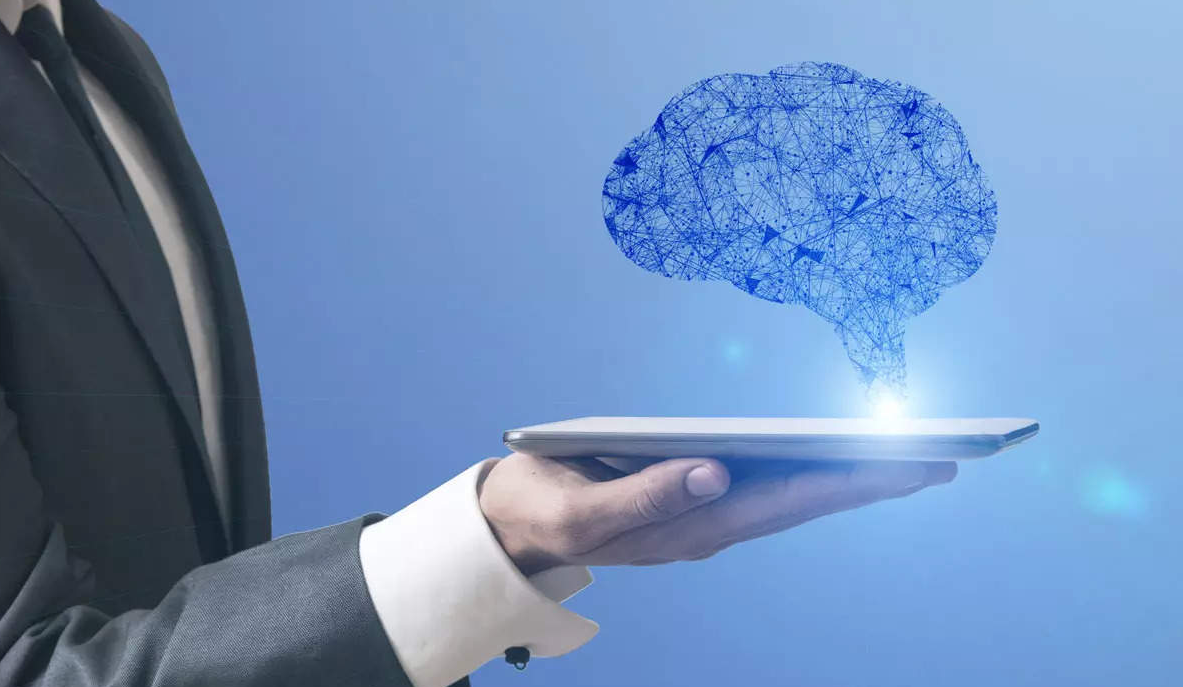Reimagining Education: Cultivating the spirit of knowledge for tomorrow's world
The education of the future must be as dynamic and multifaceted as the world it seeks to serve
Post by DR. YASMEEN HABIB on Sunday, March 31, 2024

In the ever-evolving landscape of the 21st century, education remains the bedrock upon which societies are built and sustained. However, as we navigate the tumultuous seas of technological innovation, geopolitical shifts, and environmental challenges, it has become increasingly clear that our traditional education systems are in dire need of transformation. This is not a mere call for reform, but a clarion call for a renaissance in how we perceive, impart, and value knowledge.
The factory model of education, with its rigid curricula, standardized testing, and one-size-fits-all approach, is an anachronism struggling to keep pace with the dynamism of the modern world. It is time to dismantle these outdated structures and embrace a more holistic, flexible, and personalized system that recognizes the diverse talents, interests, and learning styles of each individual.
Firstly, we must acknowledge that education is not merely the transmission of information but the cultivation of a fertile mind ready to engage with complex problems. In this garden of knowledge, critical thinking, creativity, and adaptability are the most precious seeds we can sow. We must nurture these qualities from a young age, allowing students to question, experiment, and explore, rather than merely memorize and regurgitate.
The digital age has brought about an unprecedented access to information. Yet, the deluge of data available at our fingertips does not equate to wisdom. Educators must guide students in discerning credible sources, analyzing data, and synthesizing information to forge new understandings. Media literacy, digital ethics, and cyber-awareness should be integral components of the curriculum to prepare students for the complexities of the digital realm.
Furthermore, the artificial segmentation of subjects into discrete categories must give way to interdisciplinary learning. The challenges of the future will not be confined to the neat borders of 'math,' 'science,' or 'arts.' Climate change, public health, economic inequality - these issues require a synthesis of knowledge across disciplines. Our education systems must reflect this interconnectedness, breaking down the silos to encourage a more comprehensive understanding of the world.
Equally important is the role of emotional intelligence and social skills in education. Empathy, collaboration, and communication are not extras to be tacked on to the end of the school day but are foundational skills that should be interwoven throughout the educational experience. As much as we need innovators and thinkers, we need individuals who can work together, resolve conflicts, and appreciate diverse perspectives.
The value of lifelong learning should also be embedded in our culture. The notion that education ends upon graduation is a disservice to the potential of the human mind. We must foster an environment where learning is continuous, accessible, and encouraged at all stages of life. Whether through formal education, vocational training, or informal learning communities, the pursuit of knowledge should be a lifelong journey, not a destination.
Lastly, we must address the inequities that plague education systems around the world. Access to quality education should not be a privilege but a universal right. We have a collective responsibility to remove barriers, be they financial, geographical, or societal that prevents individuals from reaching their full potential. Only then can we truly harness the power of education to uplift individuals and transform societies.
In sum, the education of the future must be as dynamic and multifaceted as the world it seeks to serve. It is time to let go of antiquated practices and embrace a new vision of learning - one that fosters not just the accumulation of knowledge, but the development of the whole person. Let us commit to an education that is not a mere preparation for life but is life itself. As the gardener tends to each unique plant in the garden, so must our education systems cultivate the varied gifts of each student, allowing them to flourish and contribute to the world in their unique way!
(Author is an academician, columnist and freelancer)